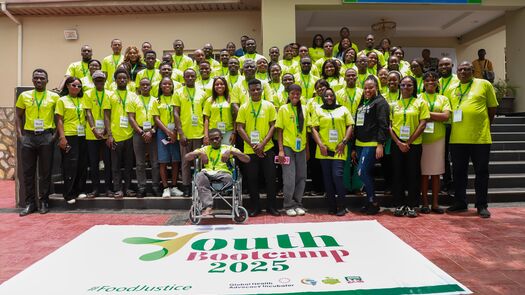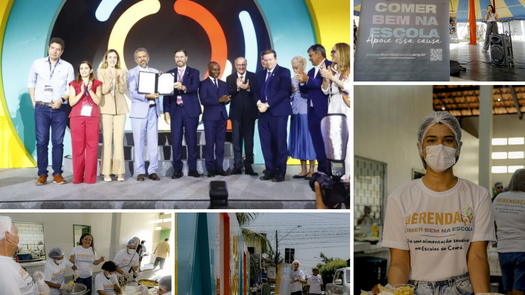November 25, 2025

A book coedited by the Global Health Advocacy Incubator (GHAI) provides public health advocates with critical information to defend front-of-package labeling (FOPL) policies from industry attacks.
As FOPL policies have gained momentum globally as a tool to address diet-related non-communicable diseases during the last decade, international trade law arguments have emerged as an industry narrative to delay and hamper adoption and implementation. As documented in our “Behind the Labels” report, the food and beverage industry regularly uses legal arguments to threaten governments to prevent passage of this public health policy.
Therefore, it is important for civil society to be equipped with legal responses to these arguments. To this aim, the Global Health Advocacy Incubator, in collaboration with Dejusticia and the University of the Andes in Bogotá, Colombia developed Derecho, comercio y etiquetado nutricional: reflexiones y experiencias desde América Latina” (“Law, Trade, and Nutritional Labelling,”) a Spanish-language book published in 2022 that prepares lawyers and advocates to respond with legal grounds and practice to corporate actors that use trade law arguments against FOPL.
This week, the book was discussed at event in Mexico in collaboration with El Poder del Consumidor, an organization that is on the front lines of all legal battles against the FOPL in the country, which has one of the best policy designs in the Latin American region, as shown on our FOPL regulations comparative table. A recording of the event is publicly available HERE. At the event, our Legal Coordinator of the Food and Nutrition Portfolio, Juan Carballo, highlighted that:
“The protection of public health is a legitimate objective that can be harmonized with States’ obligations regarding treaties under the scope of the World Trade Organization (…). When the industry uses these arguments, they want to move the public health discussion to a space in which they are more comfortable with, such as international trade forums. Then, it is essential for public health professionals to be empowered with this knowledge”.
This valuable resource includes different documents authored by more than 30 people across the Latin American region and contains three main parts. The first explores the theoretical connections between international trade law and FOPL. The second offers different legal perspectives at the intersection of FOPL and trade law. Lastly, the third section showcases select case studies from advocacy efforts and FOPL discussions at a country level in Latin America.
The book will have a second updated and expanded edition and will soon be translated into English with the goal of extending the global reach of this information and equipping advocates and governments in other regions with tools to respond to industry and other actors who obstruct the adoption of public health policies such as FOPL.



